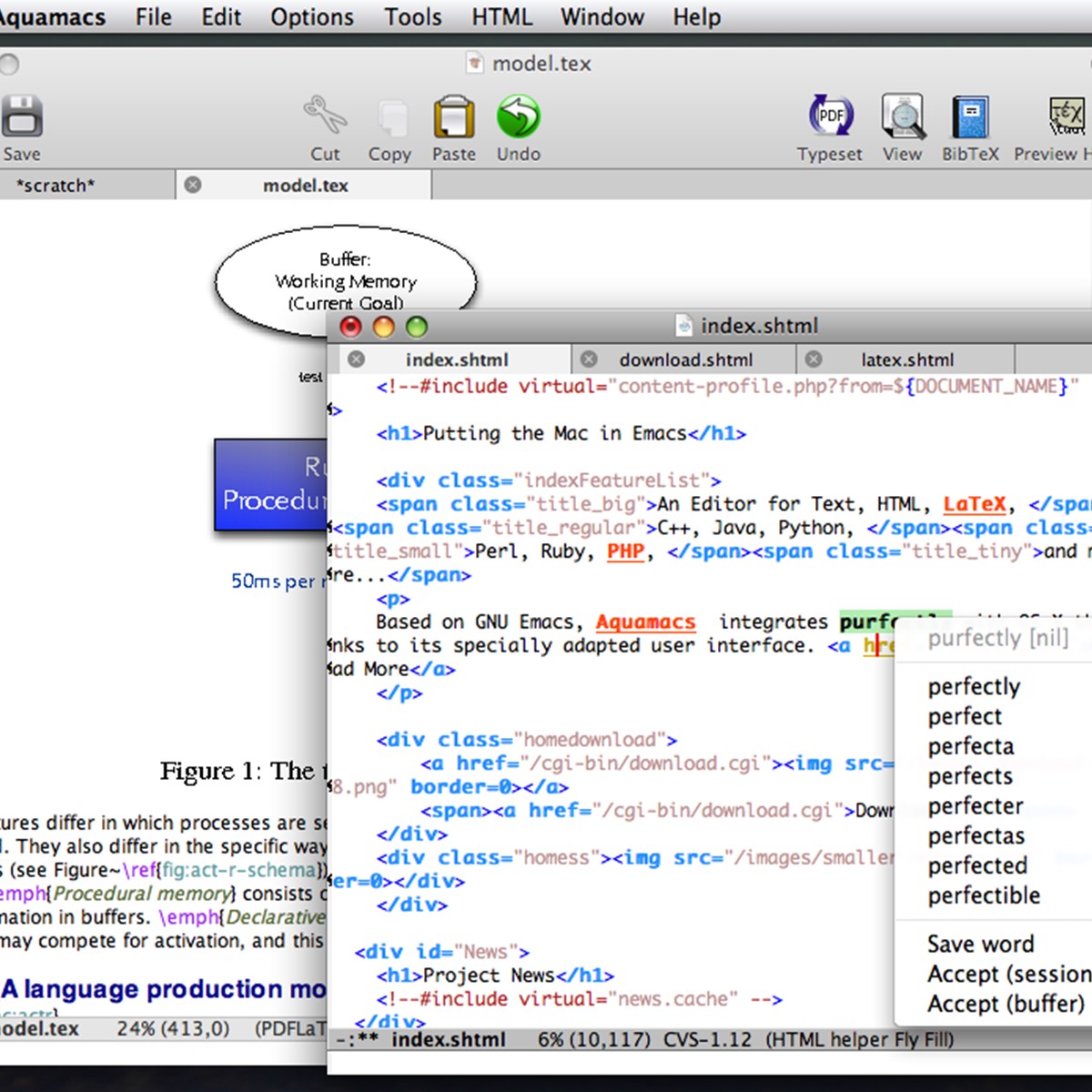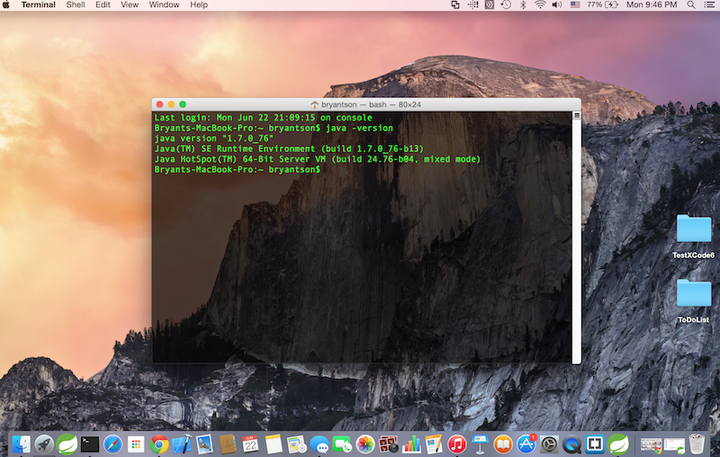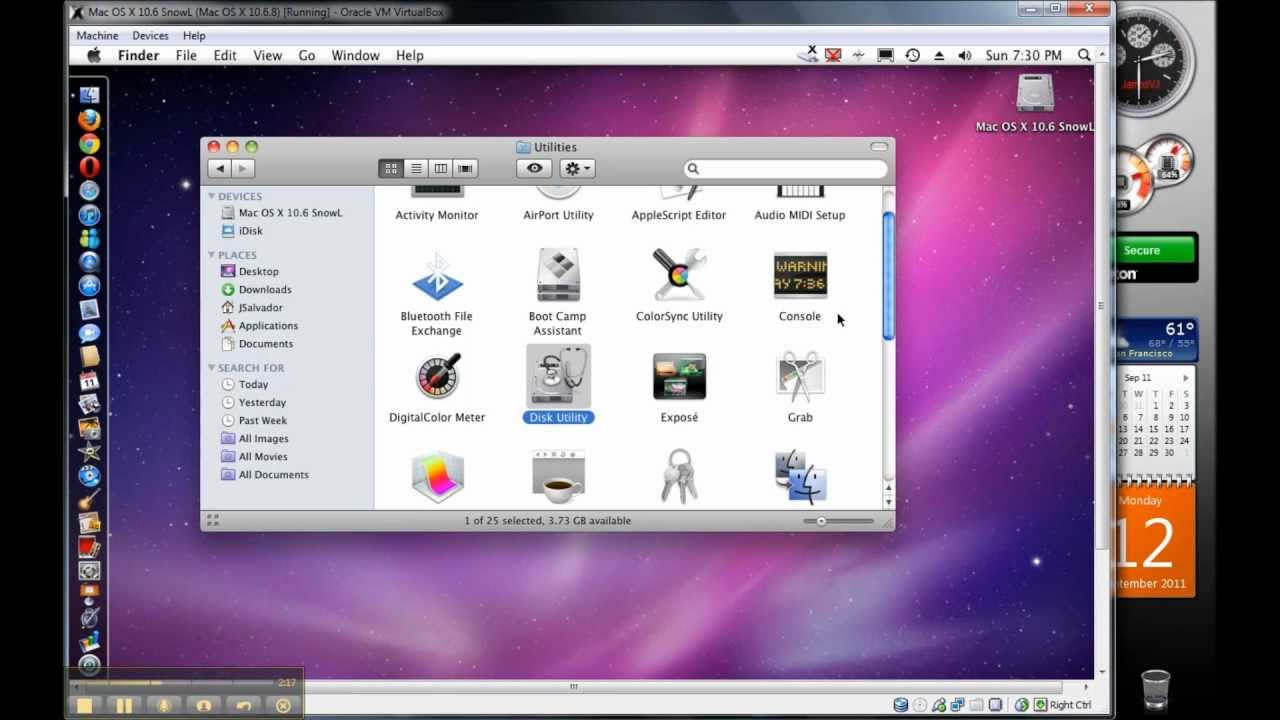

Sudo rm -rf /Library/LaunchDaemons/.plist

Sudo rm -rf /Library/PrivilegedHelperTools/ Sudo rm -rf /Library/Internet\ Plug-Ins/ugin Sudo rm -rf /Library/PreferencePanes/JavaControlPanel.prefPane Sudo rm -rf /Library/Java/JavaVirtualMachines/jdk.jdk Nor does it seem any of the other file entitlements listed here would work, except the all files entitlement, but that's deprecated.I was able to unistall jdk 8 in mavericks successfully doing the following steps: Is there an entitlement to allow that? .user-selected.read-write didn't do the job when I tried it. I don't think it's unreasonable for an app to read and write files in its installation directory where all its files are put at installation. Use the FileManager method url(for:in:appropriateFor:create:) to find common directories for user documents, scripts, and supporting files, as it returns a location within the app’s container for a sandboxed app.īut in Java there is no such method, so how am I supposed to find the app's container without just assuming where it will be?Īlso, I would prefer my application code not to worry about the OS it is running on, so it would be good if the installation directory could be used for every OS. Without the sandbox it works fine.įrom what I've read, each sandboxed app has a "container" in which it has read and write permissions. pkg which installs the sandboxed app fine, but then when I run the sandboxed app it fails when it tries to write to the installation directory. For app store submission I have install4j produce a.

The application then has to be able to read and write files in this installation directory. jar file and other user-editable files (settings etc.) are extracted from the installer into that folder. My installers let the user choose an installation directory and then the. However, that means the app has to be sandboxed and there are restrictions on file access. I made an OS-independent Java application with installers for each OS (I used install4j), and I want to put a Mac installer on the app store.


 0 kommentar(er)
0 kommentar(er)
